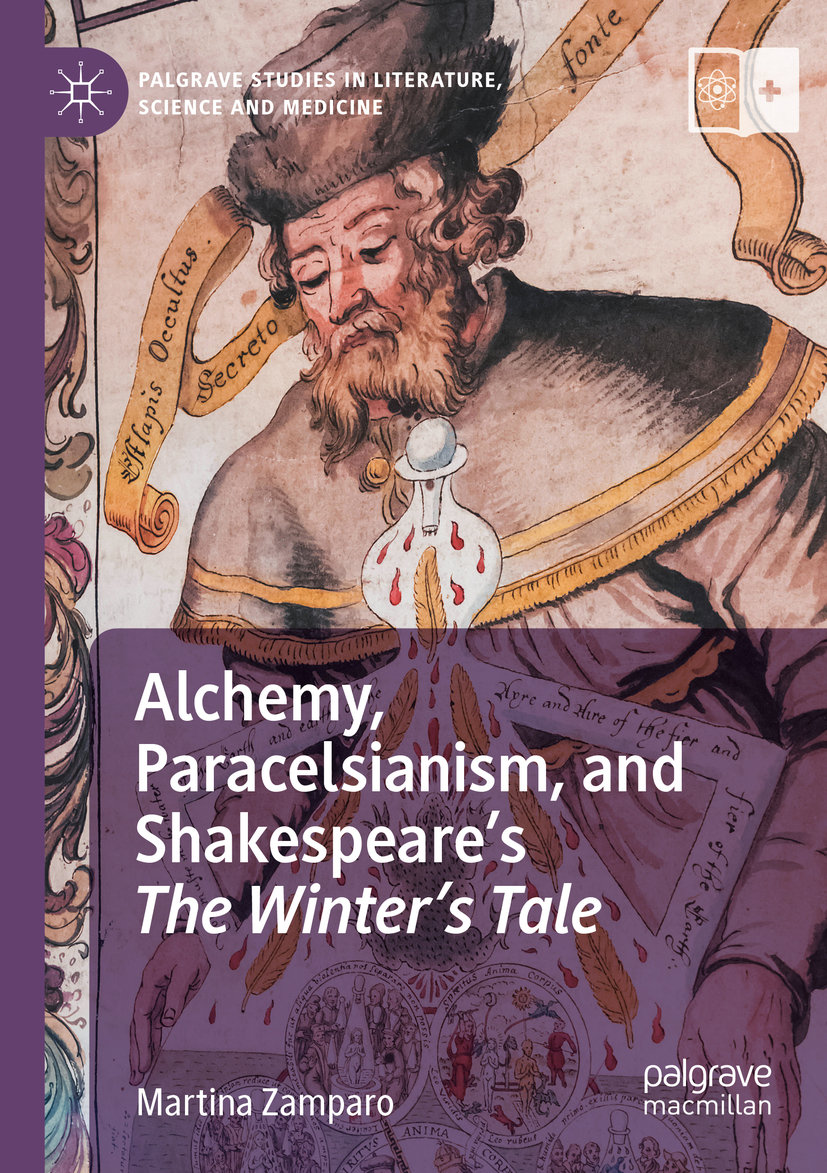This book explores the role of alchemy, Paracelsianism, and Hermetic philosophy in one of Shakespeare's last plays, The Winter's Tale. A perusal of the vast literary and iconographic repertory of Renaissance alchemy reveals that this late play is imbued with several topoi, myths, and emblematic symbols coming from coeval alchemical, Paracelsian, and Hermetic sources. It also discusses the alchemical significance of water and time in the play's circular and regenerative pattern and the healing role of women. All the major symbols of alchemy are present in Shakespeare's play: the intertwined serpents of the caduceus, the chemical wedding, the filius philosophorum, and the so-called rex chymicus. This book also provides an in-depth survey of late Renaissance alchemy, Paracelsian medicine, and Hermetic culture in the Elizabethan and Jacobean ages. Importantly, it contends that The Winter's Tale, in symbolically retracing the healing pattern of the rotaalchemica and in emphasising the Hermetic principles of unity and concord, glorifies King James's conciliatory attitude.



